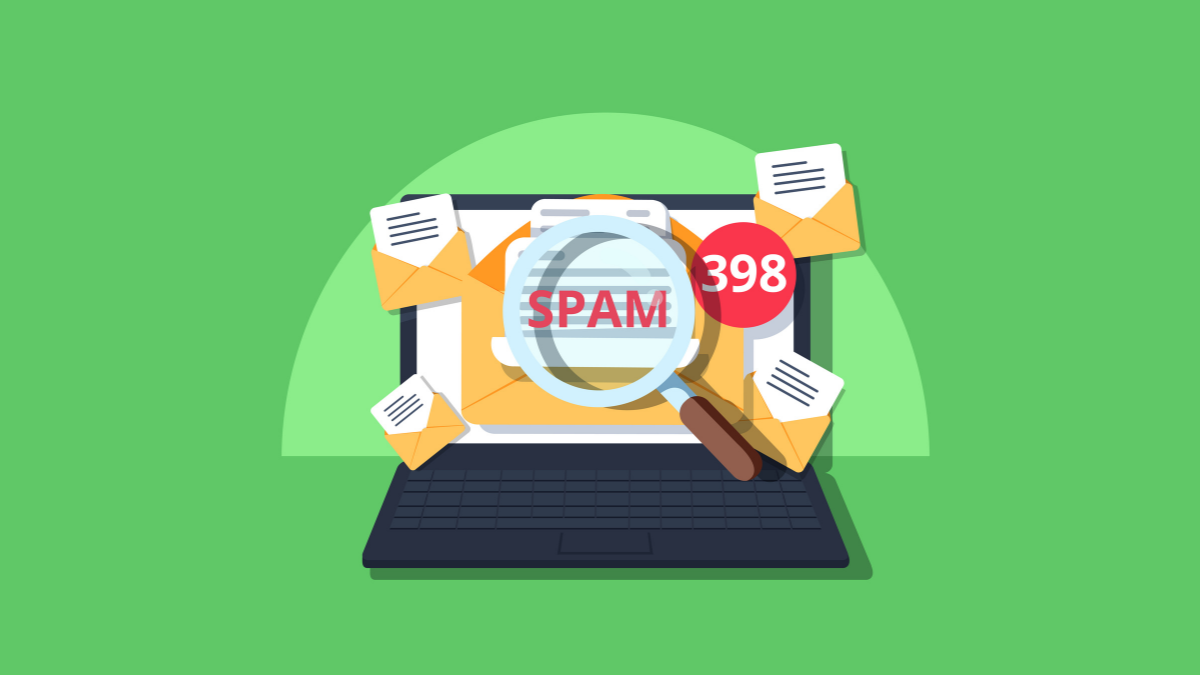

My CEO received our email to their junk folder - help!

A client recently contacted our Deliverability Team needing help: an important email marketing campaign had landed in their CEO’s spam and they needed it investigated and resolved.
This blog is a plain-speaking guide to help you troubleshoot and sort it out. Along the way, I’ll give some pointers to help find the opportunities when deliverability is suddenly center-stage because of a high-priority problem: a focus on deliverability can become great leverage for change.
In this situation, there are several immediate positives. The first is that the CEO is potentially the key stakeholder who can implement all the best practice recommendations that will ensure the next campaign reaches the customer very successfully.
The second positive is that the CEO is effectively an internal customer providing first-hand direct experiences of messages landing unseen in spam. It’s much easier to sort out when it has happened internally – there’s something concrete to tackle and communications should be easier and faster than when spam folder placement issues lie with external parties.
So: there’s troubleshooting, there’s leverage, and to sort it out there’s going to be plenty of constructive cooperation with different parties of the company.
Now let’s have a closer look at the steps you can take to see what’s gone wrong and how to put things right for future email campaigns.
Account monitoring metrics
As the sender, you will have access to email platform reporting. Check the account reporting metrics to look for trends in email performance and to see if you have a temporary issue or an ongoing one. Look for anything out of the ordinary – for instance, did a sudden increase in sending volume lead to messages being flagged as spam? Was there a spike in bounces? Or in complaints? Or perhaps you received weird replies that triggered a response from your email box providers?
The ‘account reporting’ metric will help show if you have a transient issue or an ongoing one. You can look at your deliverability success rates with different ISPs and investigate your marketing emails over time. This in turn will help you work out how to move forward.
The ‘email domain performance’ metric is also a great source of information. You can use it to check the open rate (how many emails were opened by customers) for each mailbox provider. This will show if you have an isolated deliverability issue with one ISP or many. Perhaps your CEO’s spam was one in a small minority of sent emails or instead, maybe it occurred across the board.
Spam filter score
Accessing your spam filter score (corporate IT should be able to help here) is another troubleshooting step. Your ESP can show whether the mailbox provider accepted or rejected the message, but this helps you look further along the line by showing how the spam filter on your own system classified the email after your ESP accepted the message and sent it on to you as the receiver.
It may be that IT needs to change your own internal spam filter settings to accept the message you sent. This will also help you going forward – if it didn’t get past your own spam filter settings will it get past the settings of your clients?
IT may well be able to sort things out, particularly if the spam filter reckoned that the email wasn’t sent from a genuine source. IT should be able to add the domain to the ‘safe sender list’ or even implement ARC (Authentication receiving chain) changes to email authentication in case the message is breaking authentication with internal forwarding servers.
Then again, you may find that an external party has created a lookalike domain and that it is, therefore, necessary to create a subdomain to protect your business going forward.
Email headers
Email headers are a further diagnostic tool that can also help build your future strategy toward successful delivery. For this, it is necessary to engage with the email that landed back into the CEO’s spam filter, not anything forwarded to you (because forwarding would add to the email’s journey, potentially putting it through additional spam filters and could really mess up diagnosis).
Your CEO (or another colleague who has it in junk) needs to save the spam email as .eml or .msg. This gives further information on the path that the outgoing email took towards your customer through the email infrastructure – for example timestamps, queue durations as it hopped, authentications of the sending server and the receiving server, IP addresses, and spam filter classifications in different ESPs.
If getting the original email saved and sent to you in the right format is problematic then another approach could be to do a live send to a test email address in your corporate domain to see if you can replicate the issue.
Customer Relationship Management (CRM)
Emails can hit the spam folder for data acquisition reasons. It is important to know it is okay to be sending the email in the first place and – especially if it is an email that was not sanctioned by a customer – whether you are meeting the legal requirements and the necessary levels of opt-in and sign-up form’s protection against third-party entries (typo/bot sign-up).
When you have made your various checks you may find that the Spam email was a technical problem that can be quickly and effectively fixed at the point at which it occurred. But often a spam folder issue is a signal of a deeper issue in customer relations that deserves to be a high priority within email deliverability. It deserves a strong strategic focus and a longer-term outlook.
Longer-term strategies and solutions
How you nurture your relationship with your recipients can make all the difference in successful deliverability.
Very often, the spam folder points to the need for strong strategic values. If you have empowered customers who have given the kind of consent that brings a real connection you are less likely to end up in Spam.
The spam folder points to the importance of knowing how your list has grown, whether you fell into the temptation of buying ‘GDPR compliant’ purchased data, relied on Wi-Fi sign-ups/competition, or other data acquisition methods that might not add strong connections with your brand.
As the data owner, you can see rankings and can filter email far better than the smartest spam filters and the most technologically savvy mailbox providers.
If you groom lists regularly and focus on the frequency of sent emails to both the engaged and the non-engaged. If you send the right quantity of strong quality messages at the right frequency you are much more likely to hit the CEO’s inbox every time.
Further insight
Our ‘Deliverability Perspective’ package gives you access to check extended inbox placement at the seed level. This adds breadth and depth of information that can help provide early flagging for potential inbox placement challenges. Please get in touch if you’re interested in any of our deliverability products or if you need any assistance with inbox placement issues.
Contents
Claudia Stark
Keep reading





